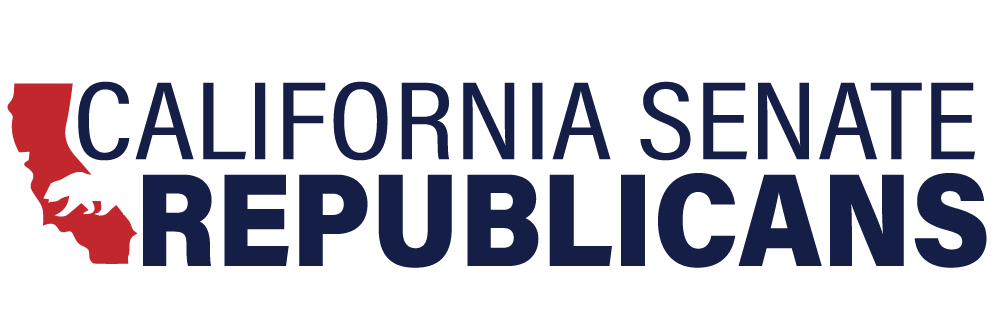Today, Senate Minority Leader Brian W. Jones (R-San Diego) and members of the California Senate Republican Caucus delivered a letter to the California Public Utilities Commission (CPUC) expressing serious concerns about the so-called “fixed-charge” electricity price proposal program proposed by PG&E, SCE, and SDG&E. The three Investor Owned Utilities (IOUs) in California have submitted a joint proposal to the CPUC that includes a fixed-charge billing system for electrical bills based on household income.
"The utility companies’ ‘fixed-charge’ proposal is nothing but a shameful attempt to exploit and rip off residential customers,’” said Senate Minority Leader Brian W. Jones. “Another name for this proposal could be the ‘Hard Work Utility Tax,’ as it is an unjust and regressive plan that fails to recognize the differences in energy usage among households and unfairly burdens lower-income families. California Senate Republicans are urging the CPUC to vigorously scrutinize and ultimately reject the utility companies’ plan to squeeze Californians even more."
“The proposal by the big three energy companies to create a fixed-rate fee structure is crazy. It will make electricity even more expensive and living in California less affordable. Californians already pay energy rates that are up to 80 percent higher than the national average, and schemes like this are what make it that way,” said Senator Brian Dahle (R-Bieber), Vice Chair of the Senate Energy, Utilities, and Communications Committee.
Below are excerpts of the letter. Click here to read the entire letter.
“… Under the IOUs’ plan, low-income families could be on the hook for hundreds of dollars of additional yearly utility fees, regardless of their electricity usage. This move not only contradicts the principles of fair pricing and consumer protection, but also discourages energy conservation and sustainable living. …
… We are well aware that the whole concept of California considering a “fixed-charge” energy pricing policy was concocted by majority party legislators last session in a gut-and-amend measure, Assembly Bill 205 (2022), jammed through the legislative process in three days with no real deliberation, discussion, or debate in policy committees.
… AB 205, like most rushed, primarily party-line mandates, was flawed, and the subsequent law needs to be amended or repealed. While the CPUC cannot amend or repeal laws, it is something we will encourage our majority-party colleagues to consider. . …”
 |
